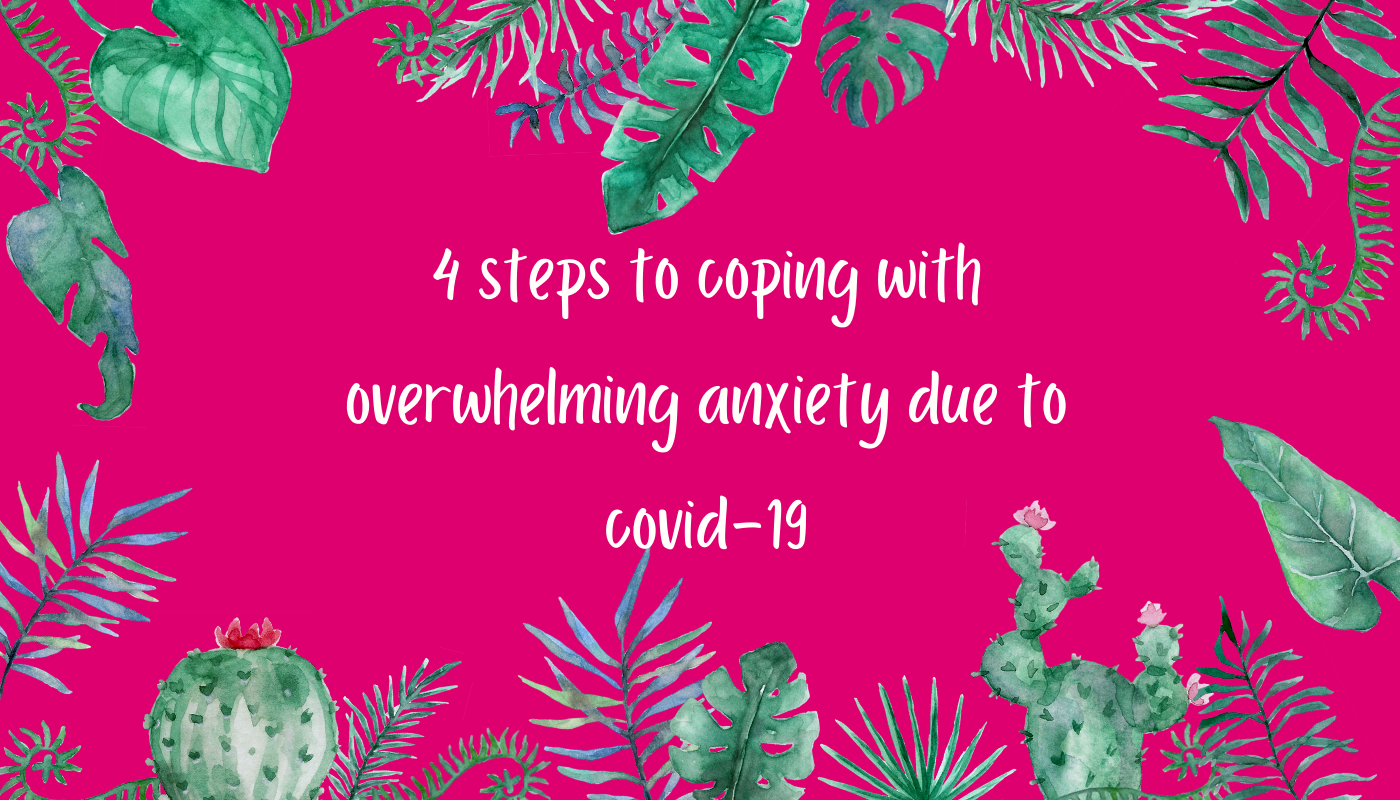The Coronavirus pandemic has caused a lot of us to suffer from worry and anxiety over these past few months. Whether it’s been worry for our jobs, our families, our health or the uncertainty of the future, there has been a lot of negativity and panic and worry to be had. As the effects of the pandemic aren’t wearing off any time soon, we wanted to outline 4 steps that you can take to manage your anxiety as, if it’s left unchecked, it can build in the background and quickly overwhelm your everyday life and relationships.
Step 1 – Understand that anxiety is a normal reaction
With all the uncertainty and panic that is surrounding us right now, our brain’s natural response is to worry and to churn this worry around until we find a solution. The problem with that is that there is no real solution to the fears that plague us yet.
To deal with the anxiety that we feel, we first need to understand that this response is just a ‘protective mechanism’ in our brains. This is normal and we can change it.
Step 2 – Identify what is making you anxious
When we accept that this anxiety is normal, we then need to identify exactly what is making us anxious. Perhaps it is constantly hearing negative news? Perhaps it’s worrying about our finances or our children’s lack of education?
Whatever it is that is causing you to worry, identify it and write it down. After just a week, you should see a pattern emerging.
Step 3 – Take control of what you can
Some of these worries that you have will be practical worries and some of them will be hypothetical (the ‘what ifs’). Tackle the practical worries first.
Look at your list of things that are making you anxious and create an action plan for each one. Can you avoid any of your ‘anxiety triggers?’ Perhaps you can limit your exposure to them or you can outline steps that you can take to make them less of a worry.
When you’ve addressed all your practical worries, implement meditation and mindfulness into your every day routine to help with the hypothetical ‘what ifs.’
Step 4 – Put your self-care first
To help cope with stress and anxiety, you need to be sleeping well, eating healthy, drinking lots of water, exercising often, and taking time out to switch off and recharge.
If you take care of yourself then you will make better decisions and you will build positive habits.




